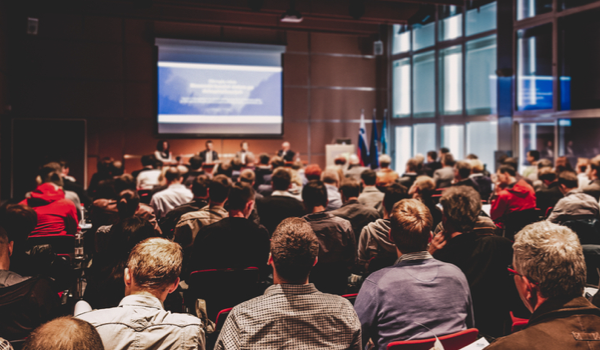

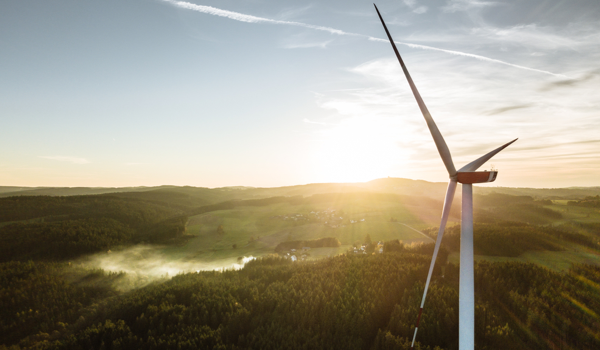
ROME - Huge changes are afoot in agriculture: The last time this sector went through a seismic shift like this was when new technologies like high-yielding wheat and rice seeds, chemical fertilizers, and irrigation technologies kicked off the Green Revolution of the 1960s. During the subsequent three decades, cereal production in famine-prone Asia doubled, and wheat and rice became cheaper despite the population increasing by 60 percent during this period.
Unfortunately, the Green Revolution has also brought with it a host of environmental costs. Lax regulations and generous subsidies made fertilizers and pesticides cheap, and farmers, with no training or incentive to do otherwise, used them excessively, which left soil damaged, and waterways polluted. Furthermore, as new crops took over, traditional plant varieties were lost, contributing to a loss of biodiversity.
Now, however, the rise of robotics and artificial intelligence (AI) might help usher in a second, even greener Green Revolution. Robots are already harvesting crops, weeding, and collecting data to improve soil management. Soon, they will be as common in farm pastures and greenhouses as they are in medical labs or Amazon warehouses. The hope is that AI can help meet both food and climate goals by adding more precision to agriculture, thus enabling farmers to grow more and waste less.
The content herein is subject to copyright by Project Syndicate. All rights reserved. The content of the services is owned or licensed to The Yuan. The copying or storing of any content for anything other than personal use is expressly prohibited without prior written permission from The Yuan, or the copyright holder identified in the copyright notice contained in the content. Continue with Linkedin
Continue with Linkedin
 Continue with Google
Continue with Google
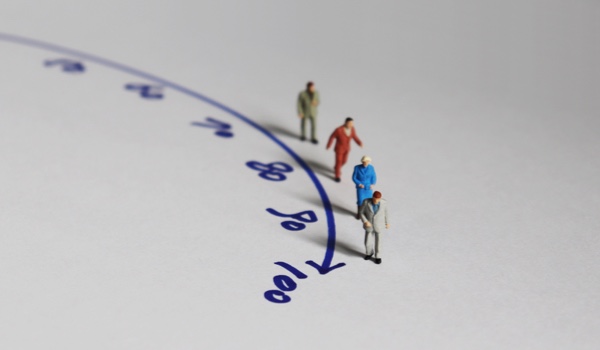

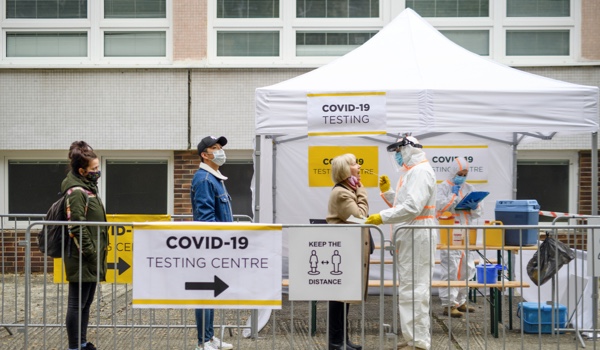
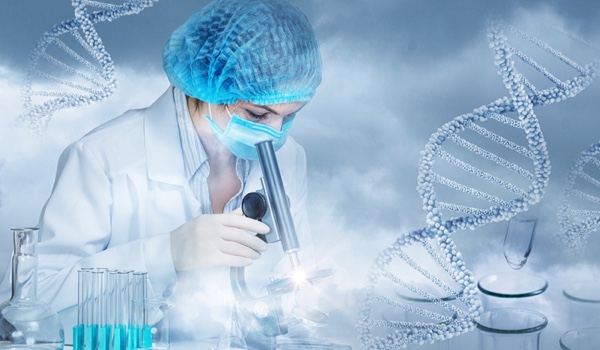







 737 views
737 views






